"This funding shows how we can leverage tools to support these projects. Since the beginning, we've been focused on positioning these farms as critical infrastructure. The industry, though on a winding road, celebrates each milestone, reflecting on the potential to transform urban farming," says Nona Yehia, Co-founder and CEO of Vertical Harvest, a hybrid vertical farming company based in Jackson Hole, Wyoming.
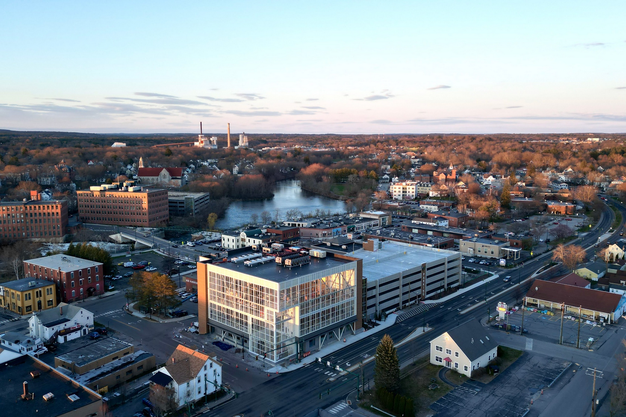
Vertical Harvest's Westbrook facility in Maine
Operating in a challenging environment such as Wyoming, Vertical Harvest has remained committed to continuing its vision. "We've always been mission-driven, rooted in a profitable model, keeping our heads down and working towards our goal," Nona explains. Preparing to open a new farm in Maine, Nona hopes to have the farm operational by fall 2024, with sales beginning in early 2025. The project involves collaborations with local partners like Native Maine and Hannfords, emphasizing community engagement.
As an architect, Nona brings a unique perspective to the potential of indoor farms within communities, as she likes to see it "From the beginning, I've challenged the traditional fabric of infrastructure. Are we solving 21st-century problems and supporting marginalized communities? Vertical Harvest's local approach ensures farms are located in the heart of cities, making a tangible impact," Nona points out. The new Maine farm aims to produce 2.5 million pounds of produce annually on just half an acre, illustrating the efficiency and potential of urban vertical farming.
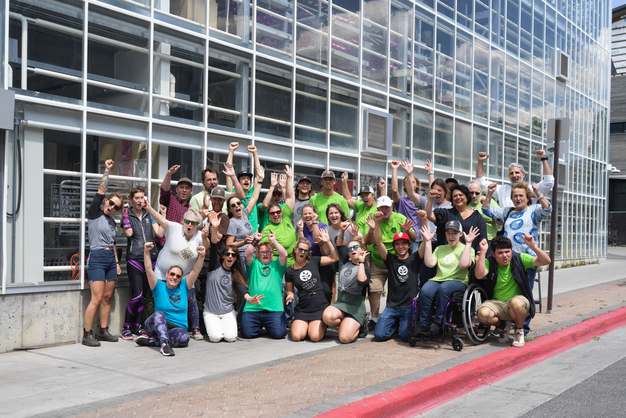
The Vertical Harvest team
Responding to demand
As Nona explains, Vertical Harvest aligns its goals with regional initiatives like the New England Food Vision, which aims to increase locally-grown food by 30%. "Without CEA, local food sourcing faces challenges due to climate and pricing," Nona notes. "Our hyper-local model enables to meet demand affordably and at scale. Reconnecting the community to the farm is crucial. Our farm in Maine, right in the city, integrates into the community, tapping into civic pride and sustainability. As the grid gets greener, so do we. Our location allows us to integrate renewable strategies, working with energy brokers for the best pricing."
Nona acknowledges that tapping into existing expertise and technique is much more efficient rather than reinventing the wheel. She points out that the experience of their Dutch manufacturers and engineers was critical for the farm's performance. "Adapting under-glass and hydroponic technology to a vertical setup optimized for yield has been a strategic decision. Collaborating with suppliers, we can ensure efficiency and accessibility, creating a compelling price point for consumers."
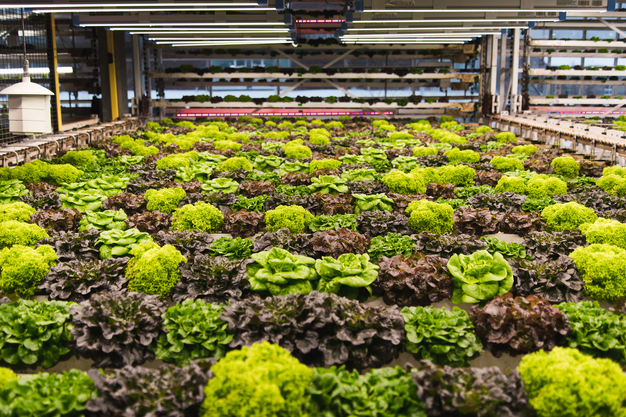
Marketing is as important as labor
Given labor is identified as a future challenge for the industry, Nona responds, "Can we focus on upscaling resources for those with limited employment opportunities? The magic happens with a supportive culture." Addressing all components of the business, from production to marketing and HR, is vital. "We often only look at production, but the go-to-market strategy is equally important."
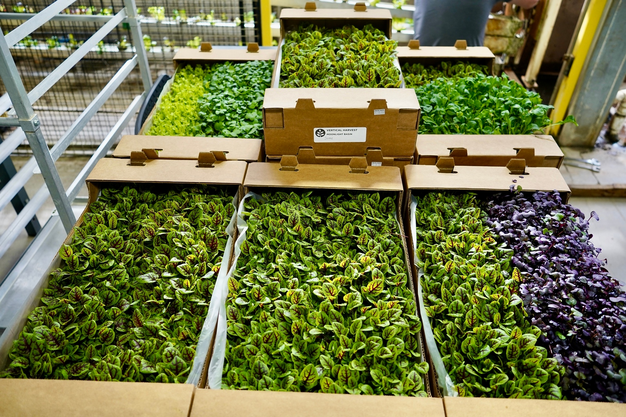
Harvested produce
Eyes set on growth
According to Nona, Vertical Harvest's second city strategy evaluates the impact on climate resilience, job creation, and food insecurity. "Partnering with developers and municipalities committed to future food growth aligns with our strategy. We learned a lot from our grassroots efforts in Wyoming," Nona admits. As the company scales, it remains rooted in community needs, with upcoming projects in Detroit focused on addressing job- and food scarcity.
Despite the nascent state of the industry, Nona is optimistic about its potential. "We need partners who understand the urgency of indoor farming and have the patience to learn from successes and failures. The pandemic underscored the importance of diversification, allowing us to pivot from restaurants to retail successfully. Community is at the core of our operations," Nona concludes.
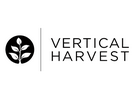 For more information:
For more information:
Vertical Harvest
Nona Yehia, Co-founder and CEO
+1 307 201 4452
[email protected]
https://verticalharvestfarms.com
